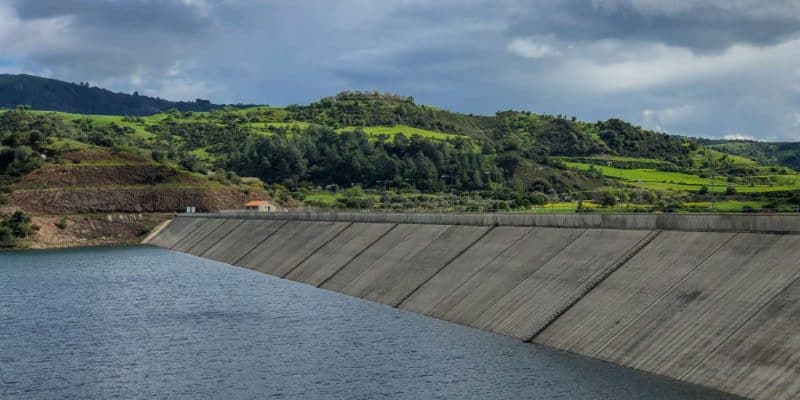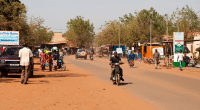The African Export-Import Bank (Afreximbank) has announced the creation of a $5 billion climate change adaptation facility in Kenya. At least $800 million will be used to build 100 irrigation dams in response to drought.
In response to the current climate challenges, the African Export-Import Bank (Afreximbank) wants to develop a portfolio of green projects. The pan-African multilateral financial institution has announced the creation of a climate change adaptation facility in Kenya. This five-year facility aims to raise $5 billion worth of capital at the national level to build the resilience of Kenyans in various sectors.
In the East African country, 2 million people are malnourished due to drought, according to the Kenyan government. Through the Afreximbank facility, $800 million will be mobilised for the construction of water reservoirs to strengthen farmers’ resilience.
Doubling Kenya’s irrigated land area
“Special attention will be given to the most water-stressed counties in the arid and semi-arid (ASAL) zones,” says Benedict Okey Oramah, Afreximbank’s board chairman. According to the International Union for Conservation of Nature (IUCN), the Asals cover 80% of Kenya, with 16 million people living in these areas, or about 30% of the population.
Read also –
The development of irrigation infrastructure will enable Kenya to increase the area of irrigated land to about 566,560 hectares in three years, up from the current level of about 271,140 hectares. The future water reservoirs will also reduce the practice of rain-fed agriculture in Kenya, which has “become uncertain”.
Afreximbank’s financing facility will also support the development and operation of industrial parks in Kenya, as well as youth empowerment through agriculture, commercial irrigation, housing, creative industry and the micro, small and medium enterprise (MSME) ecosystem.
Inès Magoum






